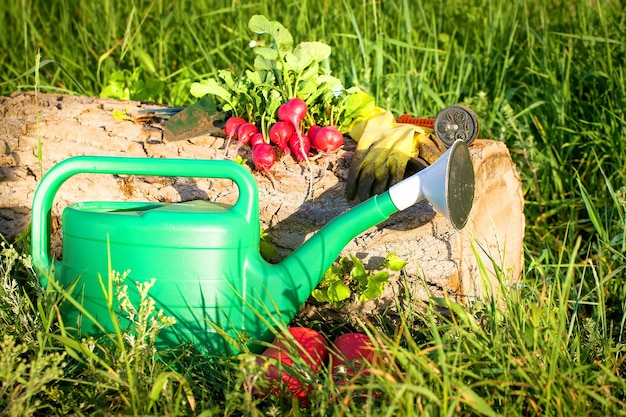Growing a Garden: The Magic of Vegetable Plants

Introduction
In recent years, the trend of home gardening has surged, prompting many to explore the benefits of growing their own food. Vegetable plants play a crucial role in this movement, not only for providing fresh produce but also for promoting sustainability and self-sufficiency. Understanding the factors that contribute to successful vegetable growth can enhance the gardening experience and yield abundant harvests.
The Importance of Choosing the Right Vegetable Plants
Choosing the right vegetable plants is fundamental to any garden’s success. Factors such as climate, soil quality, and the amount of sunlight available dictate which plants will thrive. For instance, tomatoes and peppers flourish in warm conditions, while leafy greens like spinach and lettuce prefer cooler temperatures. Selecting appropriate plants for the respective garden environment optimises growth potential and leads to a fruitful harvest.
Essential Growing Conditions for Vegetable Plants
Vegetable plants require specific conditions to grow optimally. Here are key aspects to consider:
- Soil Quality: Loose, well-draining soil rich in organic matter supports healthy root growth. Testing the pH level can help determine the best amendments needed for nutrient balance.
- Watering: Adequate watering is vital for vegetable growth. While regular moisture is essential, overwatering can lead to root rot. Implementing a drip irrigation system can conserve water and promote health.
- Sunlight: Most vegetable plants require at least 6-8 hours of direct sunlight daily. Garden placement should maximise exposure to the sun throughout the day.
- Pest Control: Keeping an eye on common pests such as aphids and slugs can prevent damage to crops. Natural deterrents and companion planting can help protect plants without harsh chemicals.
Growing Techniques for a Thriving Garden
Adopting effective growing techniques can further enhance the productivity of vegetable plants. Crop rotation is one method that helps maintain soil health and prevents disease buildup. Intercropping, where different plants grow simultaneously, can maximise space and yield. Additionally, using raised beds offers better drainage and soil control, making it easier to manage the garden.
Conclusion
Growing a garden filled with healthy vegetable plants is not only rewarding but also contributes to a more sustainable lifestyle. With careful planning, understanding of basic gardening principles, and maintenance, anyone can cultivate their own vegetable garden. As the trend towards home gardening continues to grow, investing in knowledge about plant care and cultivation will enhance the experiences and outcomes for novice and experienced gardeners alike. By nurturing vegetable plants, we are also nurturing our health, our environment, and our connection to nature.






